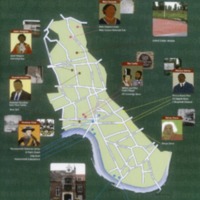
Remembering Slavery in Hammersmith and Fulham
Hammersmith and Fulham Urban Studies Centre is a voluntary educational organisation which offers opportunities to children and young people to learn about the local urban environment. The online curriculum resource 'Remembering Slavery' aimed to inform teaching and learning about the transatlantic slave trade by tracing the links of people and places in Hammersmith and Fulham to enslavement, the slave trade and its abolition. It explored the lives of enslaved Africans and their descendants, detailing their experiences and contributions in the local area. The resource aimed to encourage teachers to develop a locally-based Black history focus across curriculum programmes. It consisted of resource guides and animated films across four broad time frames: pre-Victorian, Victorians, Britain in the 1930s and 40s, and Britain since 1948.
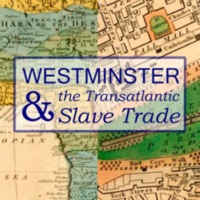
Westminster and the Transatlantic Slave Trade
An exhibition by the City of Westminster Archives Centre focused on the impact of the transatlantic slave trade and its abolition in Westminster, which drew on the Centre's archives and local studies collections. Links explored included the parish of St Anne's Westminster with St John's Antigua, and the large circle of planters living in Marylebone in the 18th and 19th centuries. The exhibition also documented the lives of the African residents of Westminster during the age of the slave trade. Some of the individuals looked at in the exhibition included James Somerset, Granville Sharp, Ignatius Sancho, Ottobah Cugoano, Olaudah Equiano, and the African activists who styled themselves 'Sons of Africa'.
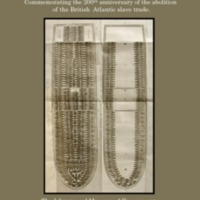
Squaring the Triangle: Freemasonry and Anti-Slavery
The exhibition at the Library and Museum of Freemasonry to mark the bicentenary arose from a project to catalogue their historical collections relating to Masonic history in the West Indies and America between 1760 and 1900. This period covers the establishment of African Lodge, the first Masonic lodge for African-Americans. Its first Master was Prince Hall, a freed slave and respected Boston resident who had fought for the British. From 1847 his name has been synonymous with Prince Hall Masonry, the first major Black Masonic organisation in the world. The library holds eleven letters written by or for Prince Hall. The exhibition and cataloguing of this correspondence enabled the library to start compiling details of early Black and Asian Freemasons in its collections. The exhibition also looked at members in the 18th and 19th century who were both slave owners and abolitionists, and the establishment of lodges in the Caribbean.
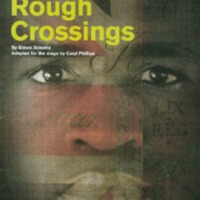
Rough Crossings
Historian Simon Schama's true story of a plantation slave (Thomas Peters) and a British naval officer (John Clarkson) and their search for freedom at the time of the American War of Independence. Schama's account was adapted for the stage by Caryl Phillips, directed by Rupert Goold and produced by the Headlong Theatre Company. It explores ideas of racial identity, home and freedom, as former slaves who fought for the British army are led across the Atlantic to the newly-created province of Sierra Leone. The play toured West Yorkshire Playhouse, Birmingham Repertory Theatre, Liverpool Everyman and Lyric Hammersmith.
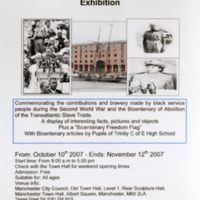
Wartime Black History and the Bicentenary
An exhibition by Manchester City Council held at Manchester Town Hall commemorated the contributions of Black service people during World War II. The exhibition also included the Bicentenary Freedom Flag, to mark commemorations of the Abolition Act of 1807. Alongside exploring the efforts of women, West Indian men, and African men in wartime, the exhibition also told the story of the 761st Tank Battalion of the US Army, known as the Black Panthers Tanker Battalion. Primarily made up of African-American soldiers, the squadron was said to be deployed as a public relations effort to maintain support for the war effort from the Black community.